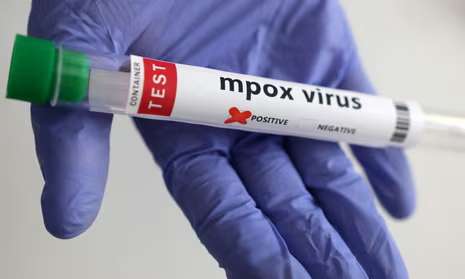
California: The first case of clade I mpox, a more aggressive strain of the virus, has been confirmed in California, according to the U.S. Centers for Disease Control and Prevention (CDC). The patient recently traveled to Eastern Africa and sought treatment shortly after returning to the U.S., where they were treated at a local medical facility and subsequently released. The CDC has stated that the risk of this new strain to the general public in the U.S. remains low, noting that this case is linked to an ongoing outbreak of clade I mpox in Central and Eastern Africa.
Since their release, the individual has been isolating at home, is not undergoing specific treatment for mpox, and their symptoms are improving. Clade II mpox, which was primarily responsible for the global outbreak in 2022, has been circulating in the U.S. since that time. The CDC advises the public to avoid close contact with individuals showing symptoms of mpox or their contaminated materials and encourages vaccination.
Symptoms of mpox often include a rash that can appear on the hands, feet, chest, face, mouth, and near the genitals, such as the penis, testicles, labia, vagina, and anus. The incubation period for the virus ranges from three to 17 days.
